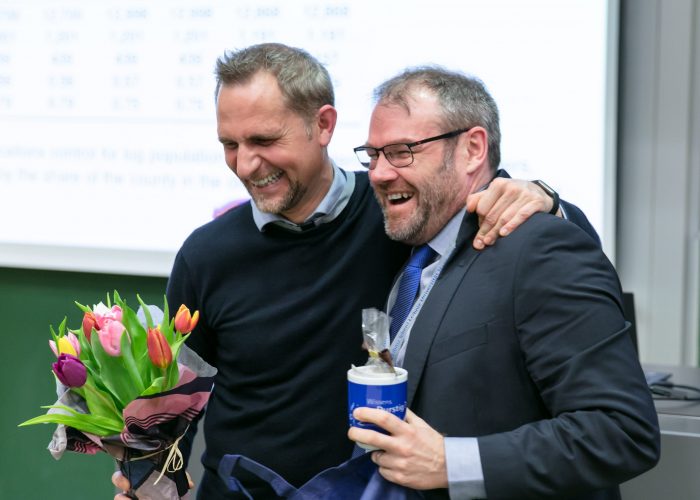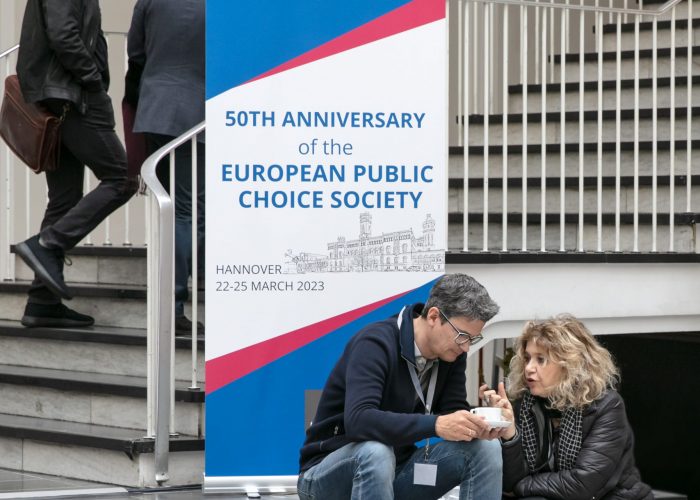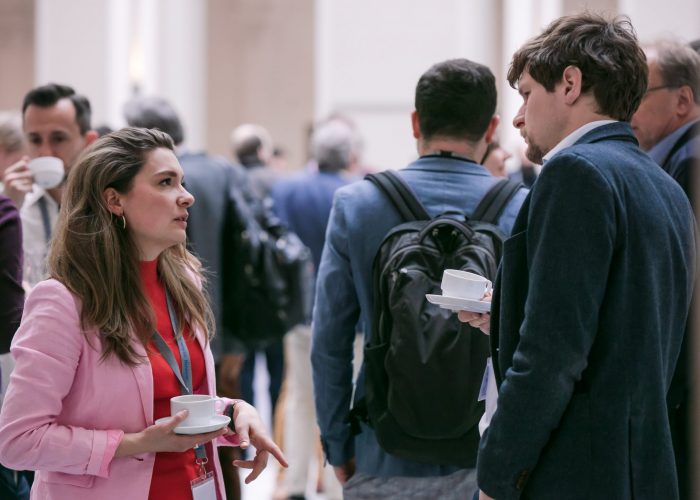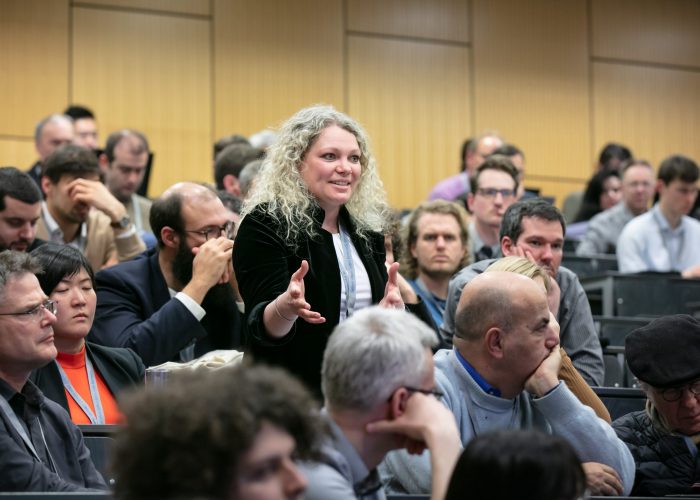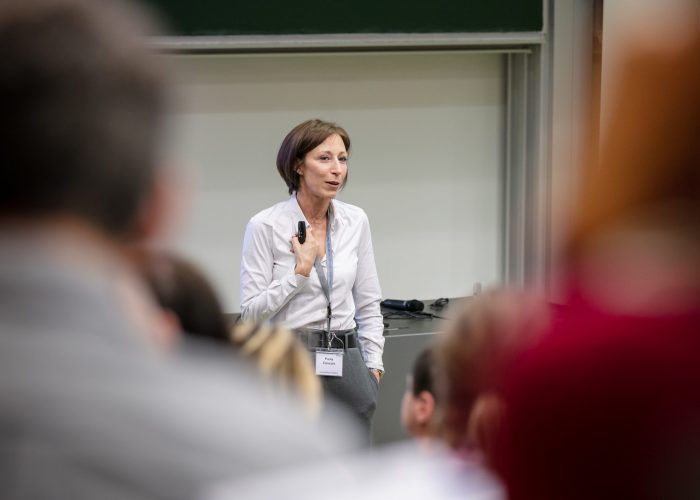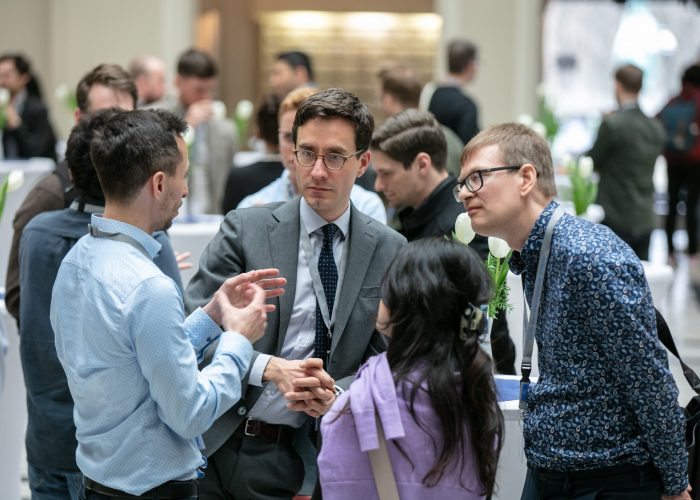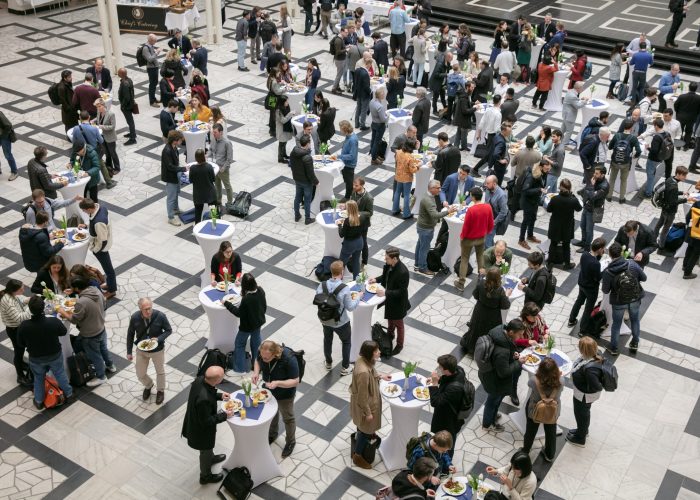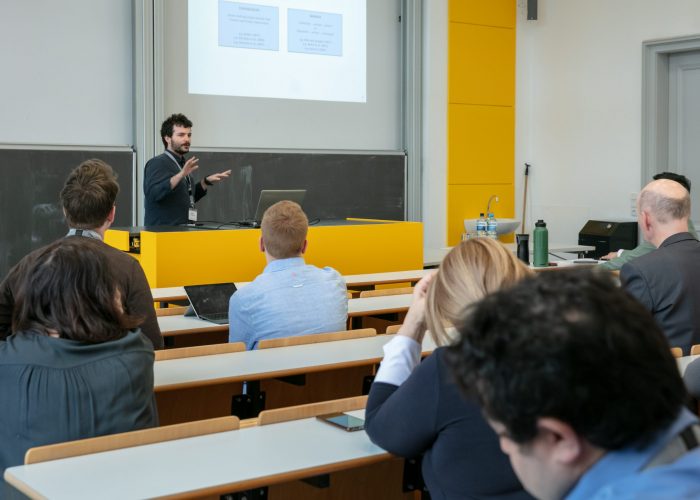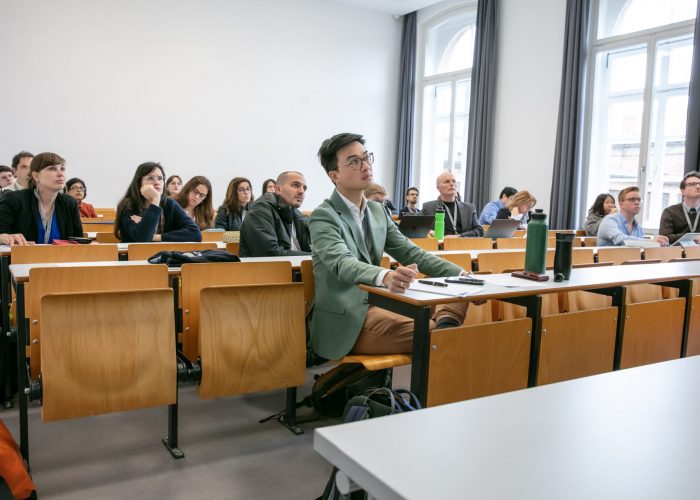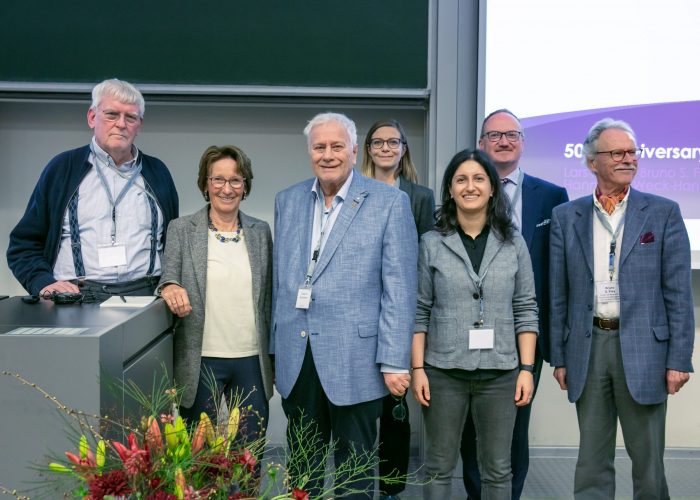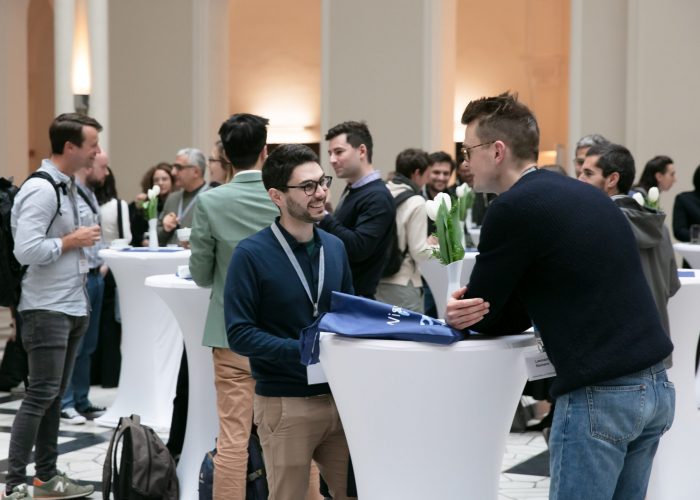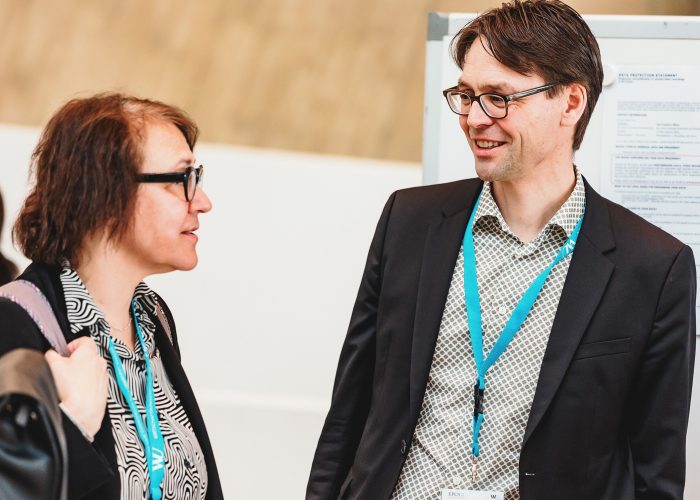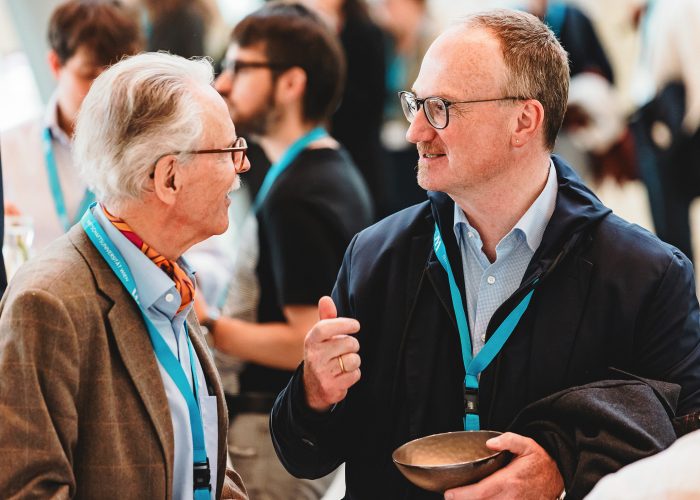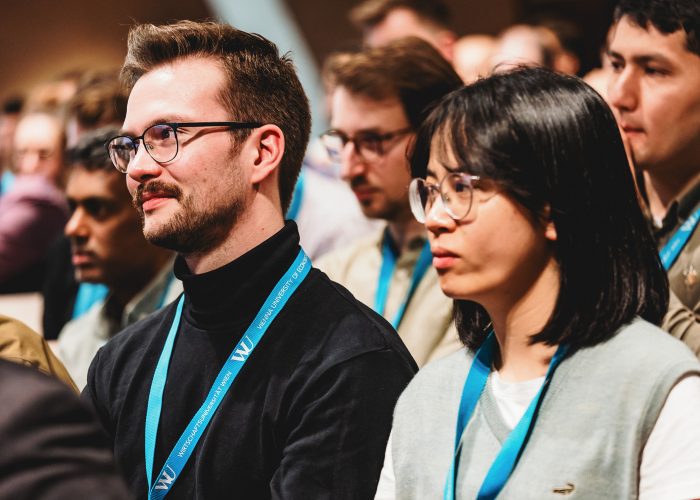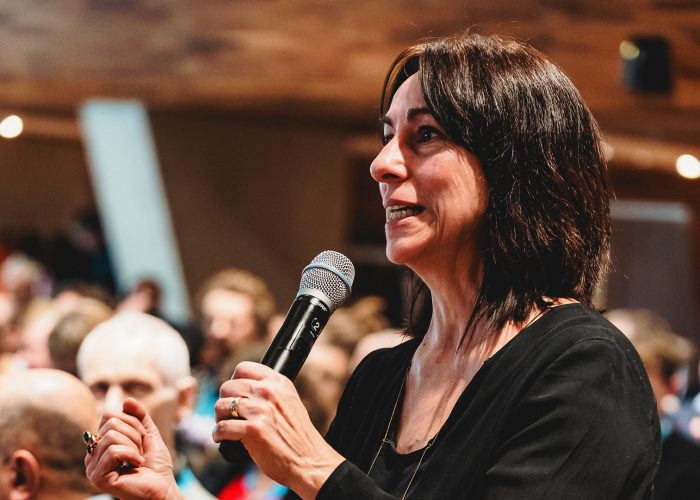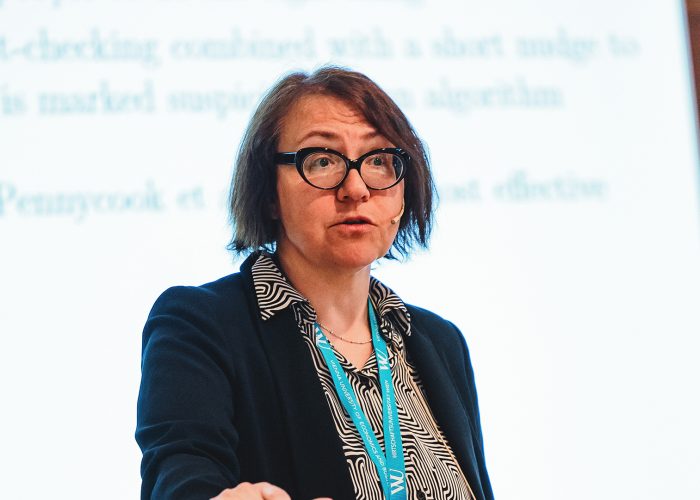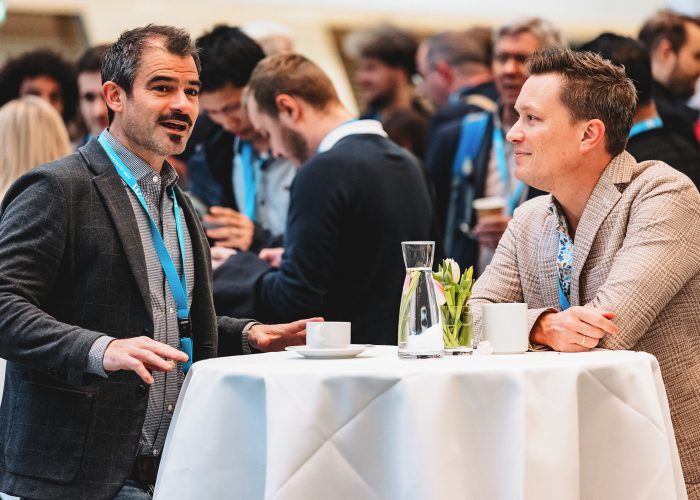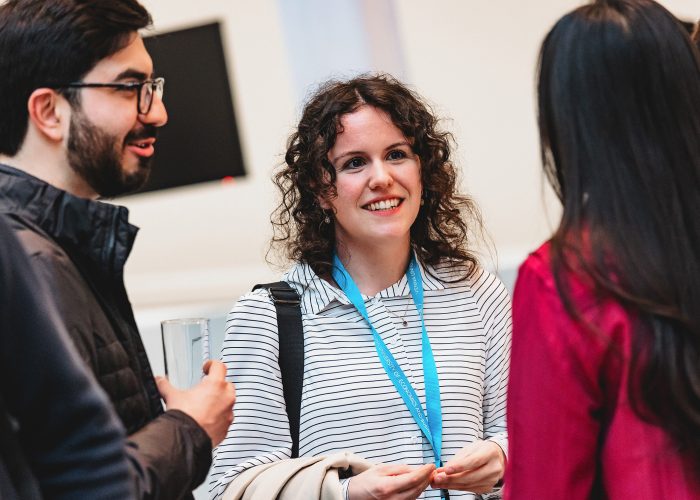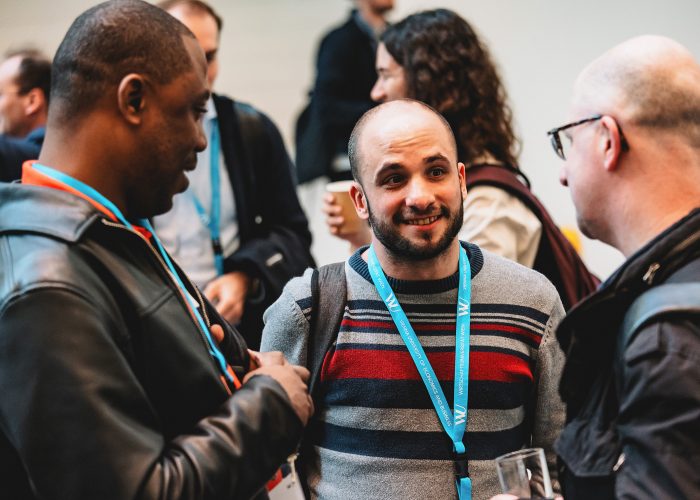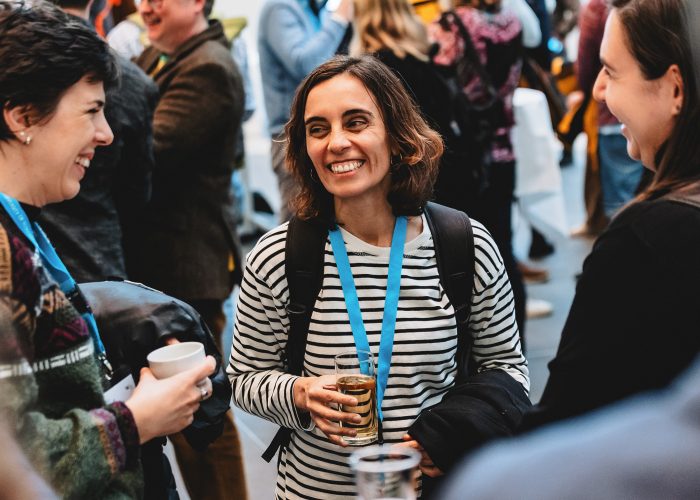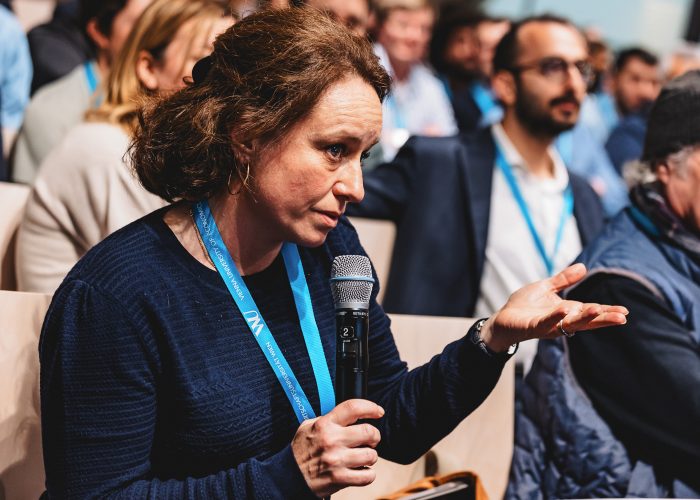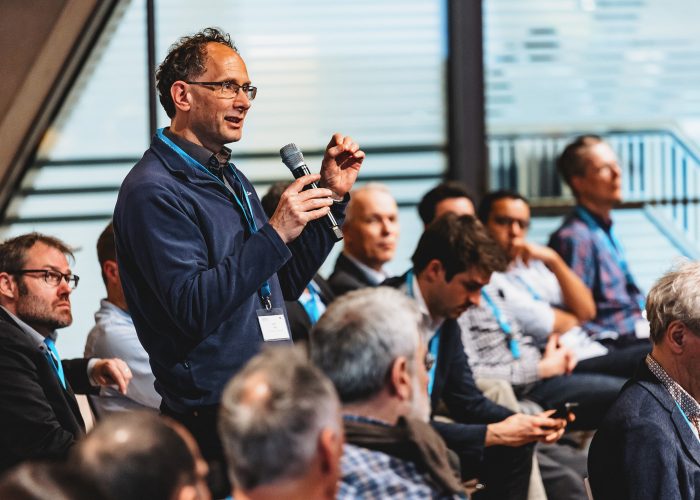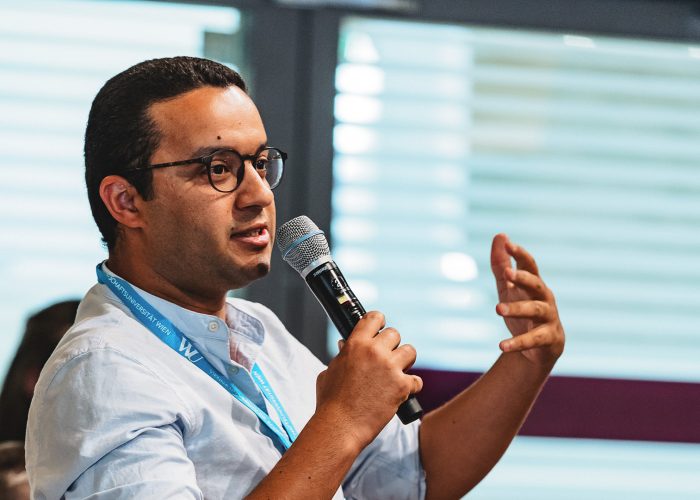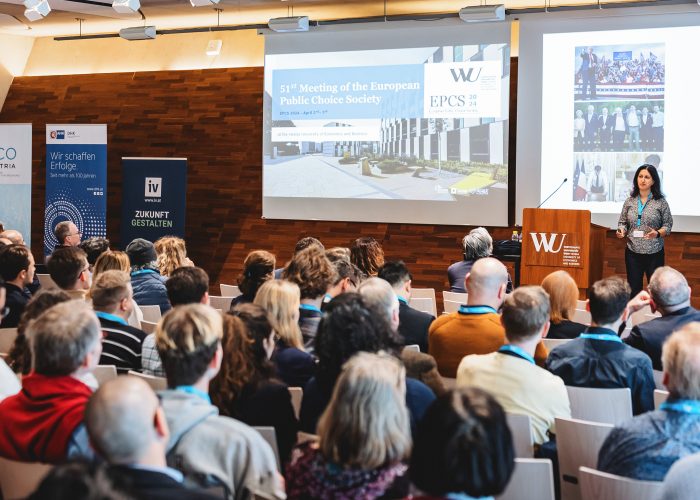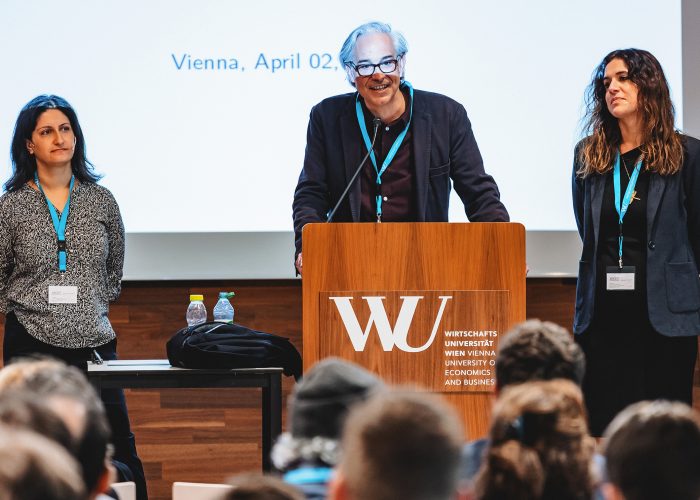The 2025 Meeting of the EPCS will be held at the Stockholm School of Economics in Riga, Latvia on 3-5 April, 2025.
Keynote Speakers
Raphaël Franck (Hebrew University of Jerusalem) – Presidential Address
Beata Javorcik (Oxford University)
Wicksell Prize
Every year, the EPCS awards the Wicksell Prize in honor of the Swedish economist Johan Gustaf Knut Wicksell, to the best paper presented at the annual meeting by a young scholar. To qualify for the prize, the presenter of the paper as well as all co-authors must be under 30 years of age as of December 31, 2024. The Wicksell Prize is sponsored by the European Journal of Political Economy.
Submission
Please submit your full paper via
Deadline for submission is November 30, 2024.
Decisions will be sent by the end of December 2024.
We provide free professional childcare (age range: 0-12 years) during the conference.
NEW: The European Journal of Political Economy offers a registration fee waiver for a limited number of young (under 35 years) participants from low-income countries.[1] Eligible candidates can apply for this support during the submission process.
[1] Countries not considered advanced economies according to IMF: https://www.imf.org/en/Publications/WEO/weo-database/2023/April/groups-and-aggregates
Local Organizer
Nicolas Gavoille (Stockholm School of Economics in Riga)
Contact:
The 2024 Meeting of the EPCS was held at Wirtschaftsuniversität Wien, Austria, April 2-5. Conference organizers: Jesus Crespo Cuaresma & Monika Köppl-Turyna.
- Conference program
- 270 participants took part in parallel sessions
- Keynotes by Zohal Hessami (Ruhr-University Bochum) and Ekaterina Zhuravskaya (Paris School of Economics)
- Election of the new president: Raphaël Franck (Hebrew University of Jerusalem)
- Election of three new Board Members: Joaquin Artes (Complutense University of Madrid), Katarzyna Metelska-Szaniawska (University of Warsaw), Sonia Paty (Université Lyon 2)
- An official amendment to the by-laws of the society was proposed. During the Riga meeting, the members will vote on its adoption
- Wicksell prize winner: Iker Arregui Alegria (Lund University) for his paper “Identity, Polarization, and Extreme Right Voting: Evidence from Francoist Street Names“

